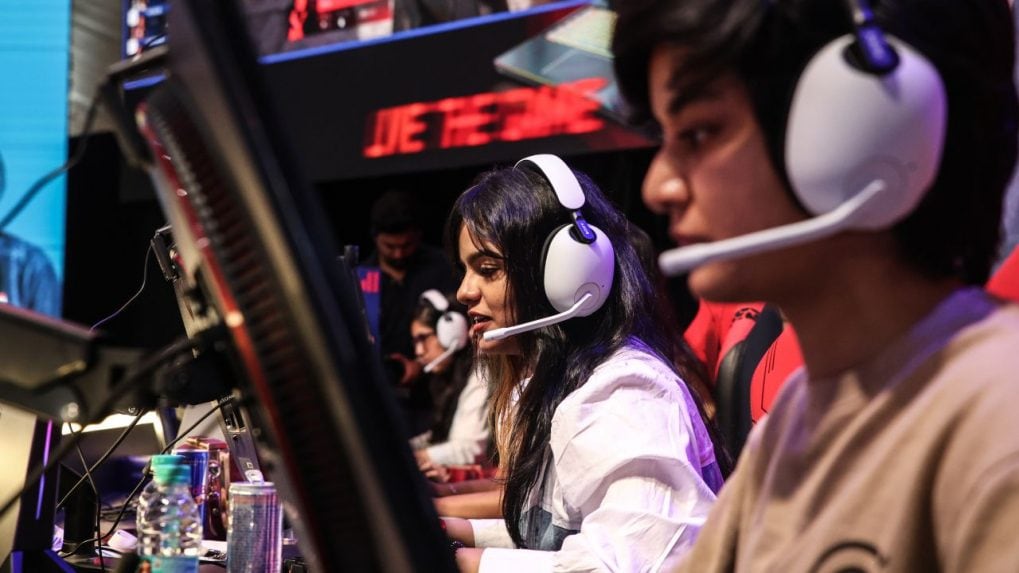IOC ends Saudi partnership on Olympic Esports Games; Indian Esports at crossroads
The IOC confirmed that after a series of review meetings with the SOPC and the Esports World Cup Foundation, the two sides “mutually agreed to end their cooperation on the Olympic Esports Games.”
ADVERTISEMENT
The International Olympic Committee (IOC) and the Saudi Olympic and Paralympic Committee (SOPC) have decided to part ways on the Olympic Esports Games initiative, ending a year-long partnership that was expected to set the foundation for the first global esports event under the Olympic banner. The decision, while amicable, has triggered intense debate across the global and Indian esports ecosystems on what it means for the future of mainstream recognition of competitive gaming.
The IOC confirmed that after a series of review meetings with the SOPC and the Esports World Cup Foundation, the two sides “mutually agreed to end their cooperation on the Olympic Esports Games.” Both parties, however, reiterated their intent to continue pursuing separate esports ambitions.
“The IOC will now develop a new approach to the Olympic Esports Games, taking feedback from its ‘Pause and Reflect’ process into account,” the committee said in a statement. “This will allow the Games to better align with the long-term ambitions of the Olympic Movement and ensure wider participation across countries.”
The move marks a significant shift in the IOC’s strategy to integrate esports within the Olympic framework. The earlier partnership with Saudi Arabia was seen as a strategic move to leverage the Kingdom’s rapid investments in gaming infrastructure and global esports tournaments. With the collaboration ending, the IOC is expected to rework the structure of the Olympic Esports Games and potentially decentralize its organization to include more nations in the development phase.
Industry analysts view the IOC–Saudi split as both a reset and an inflection point. “While the IOC’s decision might slow down the timeline for the first Olympic Esports Games, it could open doors for more inclusive participation and governance.
The analyst said, “Countries like India, which are experiencing exponential growth in esports talent, may now have a stronger voice in shaping the Olympic esports narrative.”
The Indian esports industry, which crossed ₹1,400 crore in FY24 according to FICCI-EY estimates, has been eagerly awaiting global recognition. The country sent official esports contingents to the Asian Games 2022 (held in 2023) for the first time, where the sport made its debut as a medal event. A potential Olympic platform was seen as the next big milestone.
For India, the IOC’s restructuring could represent a mixed bag. On one hand, the dissolution of the Saudi partnership delays the launch of the Olympic Esports Games, deferring the opportunity for Indian athletes to compete on a global stage. On the other, it opens the possibility of a more democratically structured event, where emerging markets play a greater role in design, qualification, and governance.
An esports team owner said, “If the IOC now chooses a more global and participatory approach, it could actually benefit developing esports markets like India in the long term. India’s young demographic, strong mobile gaming base, and expanding 5G access make it one of the most promising esports markets globally.”
The IOC’s next steps will be closely watched. Sources within the esports ecosystem suggest that the committee could look to collaborate directly with game publishers, national federations, and regional bodies instead of relying on a single-country partnership. This model could align better with the Olympic ethos of inclusivity and neutrality.
However, the new approach will prioritize sustainability, fairness, and representation—principles often debated in the fast-growing but fragmented world of competitive gaming.
For India and other emerging esports economies, the moment represents both uncertainty and possibility. A reset in the IOC’s approach could pave the way for a more diverse and merit-driven structure, where nations with deep grassroots gaming ecosystems—not just financial muscle—play a decisive role.
As one industry insider put it, “The IOC–Saudi split isn’t an end. It’s a pause—a chance to redefine what global esports should truly stand for.”


